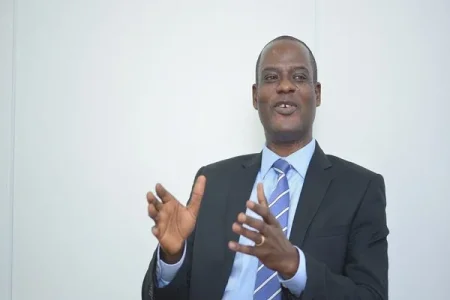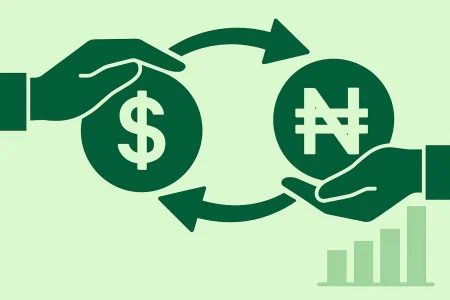
Nigeria's economic woes stem from low revenue, not high governance costs, says Taiwo Oyedele. At a lecture in Lagos, Oyedele highlighted the disparity between Nigeria's budget and its financial needs. He urged collaboration for fiscal reforms and innovative solutions to boost economic growth.
Nigeria's economic challenges stem from insufficient revenue rather than excessive governance costs, according to Taiwo Oyedele, chairman of the Presidential Committee on Fiscal Policy and Tax Reforms. Speaking at the Nigerian Institute of Quantity Surveyors' annual lecture in Lagos, Oyedele highlighted the stark disparity between Nigeria's budget and its actual financial capacity.
Oyedele revealed that Nigeria's combined federal and state budgets amount to approximately $30 billion for a population of 200 million. This figure falls short of Kenya's $32 billion budget for 54 million people and represents less than 30% of New York City's $107 billion budget. The nation's revenue, at about N18 trillion, covers only half of the required funds.
The economic advisor emphasized that even if the entire government revenue were allocated to civil servant salaries, it would be insufficient to pay a monthly wage of N500,000 per employee. This leaves no funds for essential services like defense or infrastructure.
Oyedele called for collaboration between citizens and government to boost economic development. He urged professional bodies like NIQS to sponsor bills addressing critical tax issues and outdated legislation affecting land, construction, and the economy.
Olujide Oke, managing partner at Jim Partnership, discussed policy mistakes of previous administrations and COVID-19's impact on productivity. He suggested strategies for sustainable growth, including reviewing governance costs, improving security, strengthening monetary policies, and rehabilitating refineries.
The insights provided by these experts underscore the urgent need for comprehensive fiscal reforms and innovative solutions to address Nigeria's economic challenges and pave the way for sustainable development.




